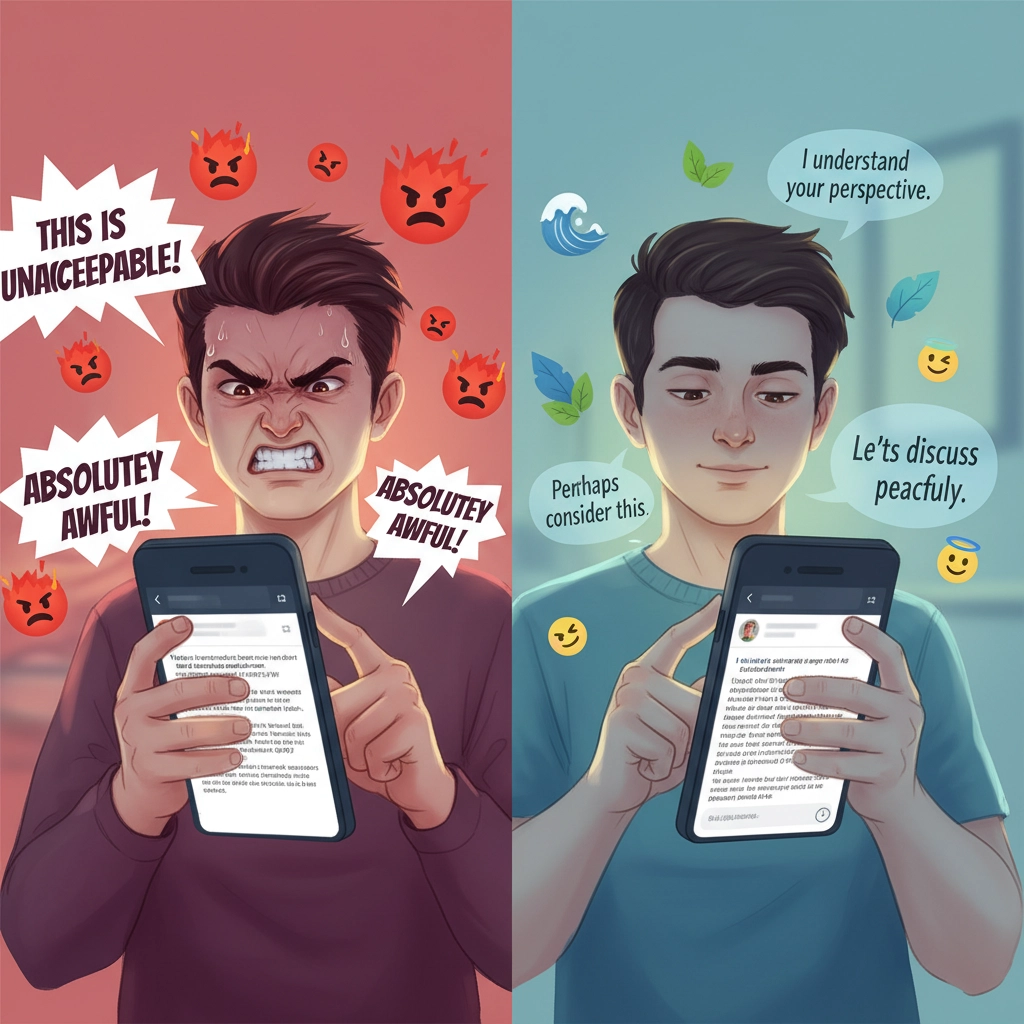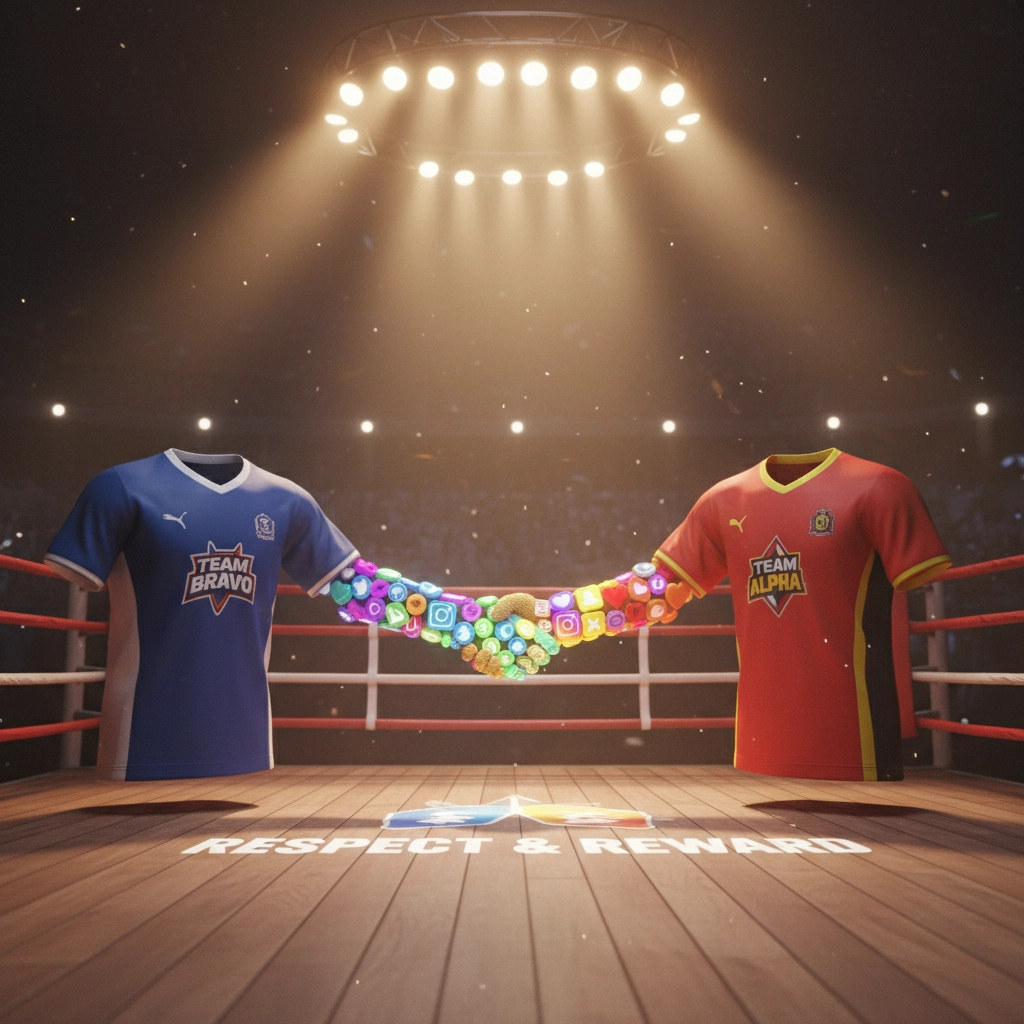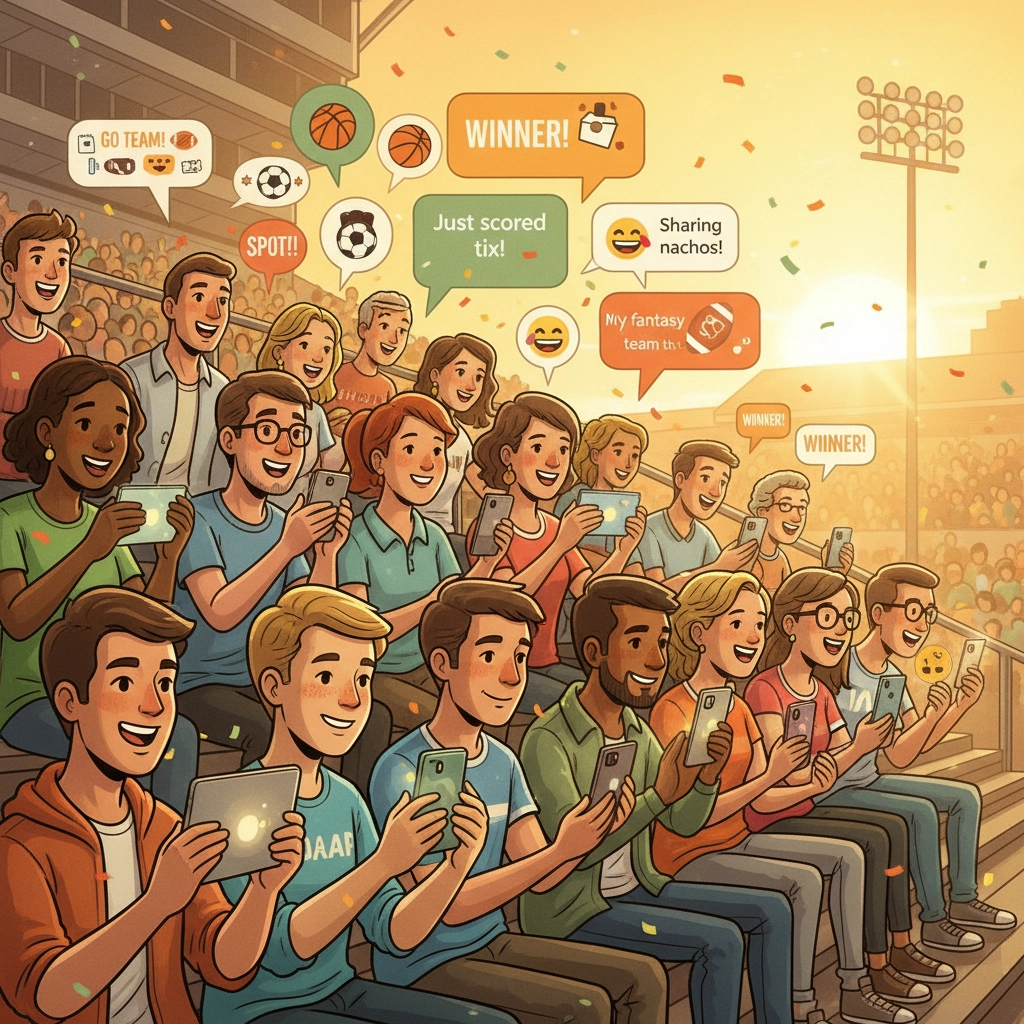Social media has changed how sports fans connect, celebrate, and commiserate. Platforms like Twitter, Instagram, and TikTok have given every fan a voice and a stage. But with great power comes great responsibility, and many sports fans are making mistakes that hurt their online experience and damage their relationships with other fans.
Whether you're a die-hard supporter or a casual observer, avoiding these common pitfalls can help you build better connections and enjoy sports social media to its fullest. Here are the seven biggest mistakes sports fans make online and how to fix them.
1. Posting Angry Rants After Every Loss
We've all seen them: those furious, caps-lock-filled posts that appear minutes after a tough loss. Fans venting their frustration by attacking players, coaches, referees, or anyone else they can blame. These emotional outbursts might feel good in the moment, but they rarely age well.
The Problem: Angry rants make you look like a fair-weather fan and can damage your credibility. They also contribute to the toxic culture that drives people away from sports conversations.
The Fix: Take a cooling-off period before posting about a disappointing result. Give yourself at least 30 minutes to process the emotions. When you do post, focus on specific observations rather than personal attacks. Instead of "This team is garbage and the coach should be fired," try "Tough loss tonight. The defense struggled in the third quarter, but there were some positive moments to build on."

2. Getting Into Heated Arguments With Rival Fans
Sports rivalries are part of what makes fandom exciting, but social media has turned friendly competition into bitter warfare. Many fans spend hours arguing with supporters of rival teams, exchanging insults and trying to prove their team's superiority.
The Problem: These arguments rarely change anyone's mind and often escalate into personal attacks. They waste time and energy that could be spent enjoying the sport you love.
The Fix: Engage in good-natured banter, but know when to walk away. Set boundaries for yourself: if someone starts using personal insults or the conversation turns nasty, don't take the bait. Remember that the person on the other side of the screen is a real human being who loves their team just as much as you love yours. Try responding with humor or respectful disagreement: "We'll have to agree to disagree, but good luck this season."
3. Sharing Unverified Rumors and Fake News
In the rush to be first with breaking news, many fans share rumors, fake trades, and unverified information. Social media moves fast, and it's easy to hit "share" without checking if something is true.
The Problem: Spreading false information hurts your credibility and can mislead other fans. It also contributes to the broader problem of misinformation in sports media.
The Fix: Always verify information before sharing it. Check if the news comes from a reliable source like ESPN, The Athletic, or your team's official channels. If you're not sure something is true, don't share it. When you do share news, include the source so others can verify it themselves. A simple "per @AdamSchefter" goes a long way in building trust with your followers.

4. Oversharing Personal Information in Sports Communities
Some fans treat sports social media like their personal diary, sharing details about their life, work problems, or family drama in team-focused groups and conversations.
The Problem: While sports communities can be supportive, they're primarily focused on discussing the team or sport. Oversharing personal information can make others uncomfortable and detract from sports discussions.
The Fix: Keep your posts relevant to the community you're in. If you're in a team fan group, focus on team-related content. Save personal updates for your personal social media accounts or close friends. When you do share personal stories, make sure they connect to the sport or team in some meaningful way.
5. Not Engaging Meaningfully With the Community
Many fans treat social media like a broadcast platform, posting their thoughts without engaging with others. They share their opinions but never respond to comments, ask questions, or participate in discussions.
The Problem: Social media is supposed to be social. One-way communication makes you look disinterested in building relationships with other fans.
The Fix: Make engagement a priority. Respond to comments on your posts, ask questions in your content, and participate in discussions started by others. Share other fans' content when it's interesting or insightful. The goal is to build relationships, not just broadcast your thoughts. Try ending posts with questions like "What did you think of that play?" or "Who's your pick for MVP this season?"

6. Posting Spoilers Without Warning
Whether it's sharing game results before others have watched, revealing trades before they're officially announced, or posting highlights without context, spoilers can ruin the experience for other fans.
The Problem: Not everyone watches games live or checks social media at the same time. Posting spoilers without warning shows a lack of consideration for fellow fans.
The Fix: Use spoiler warnings and be mindful of timing. Wait at least a few hours after a game ends before posting major spoilers, or use clear warnings like "SPOILER ALERT" or "Don't read if you haven't watched the game yet." Many platforms also have spoiler-hiding features: use them. Consider the different time zones your followers might be in, especially for international sports.
7. Being Negative All the Time
Some fans seem to find fault with everything their team does. They complain about every trade, criticize every performance, and predict doom and gloom for every season. While constructive criticism has its place, constant negativity can be exhausting.
The Problem: Persistent negativity drives away other fans and makes sports communities less enjoyable. It also reflects poorly on you as a fan and can make others question your loyalty to the team.
The Fix: Balance criticism with positivity. For every negative post, try to share something positive about your team or the sport. Focus on constructive criticism rather than just complaining. Instead of "This team always chokes in the playoffs," try "The team needs to work on their fourth-quarter execution if they want to make a deep playoff run." Celebrate the good moments, acknowledge improvement, and remember why you fell in love with the sport in the first place.

Building Better Fan Communities
Sports social media should bring fans together, not drive them apart. By avoiding these common mistakes, you can contribute to more positive, engaging communities where fans can share their passion without the toxicity that plagues many online spaces.
The key is remembering that behind every username is a real person who loves sports just like you do. Treat them with respect, engage thoughtfully, and focus on what unites you rather than what divides you.
Good sportsmanship doesn't end when the game does: it extends to how we interact with each other online. By being more mindful of how we engage on social media, we can make sports fandom more enjoyable for everyone.
Whether you're using Fanz to connect with other fans or engaging on traditional social platforms, these principles will help you build better relationships and get more out of your sports social media experience. The goal isn't to eliminate passion or disagreement: it's to channel them in ways that bring fans together rather than tear them apart.
Remember: we're all here because we love sports. Let's act like it.
